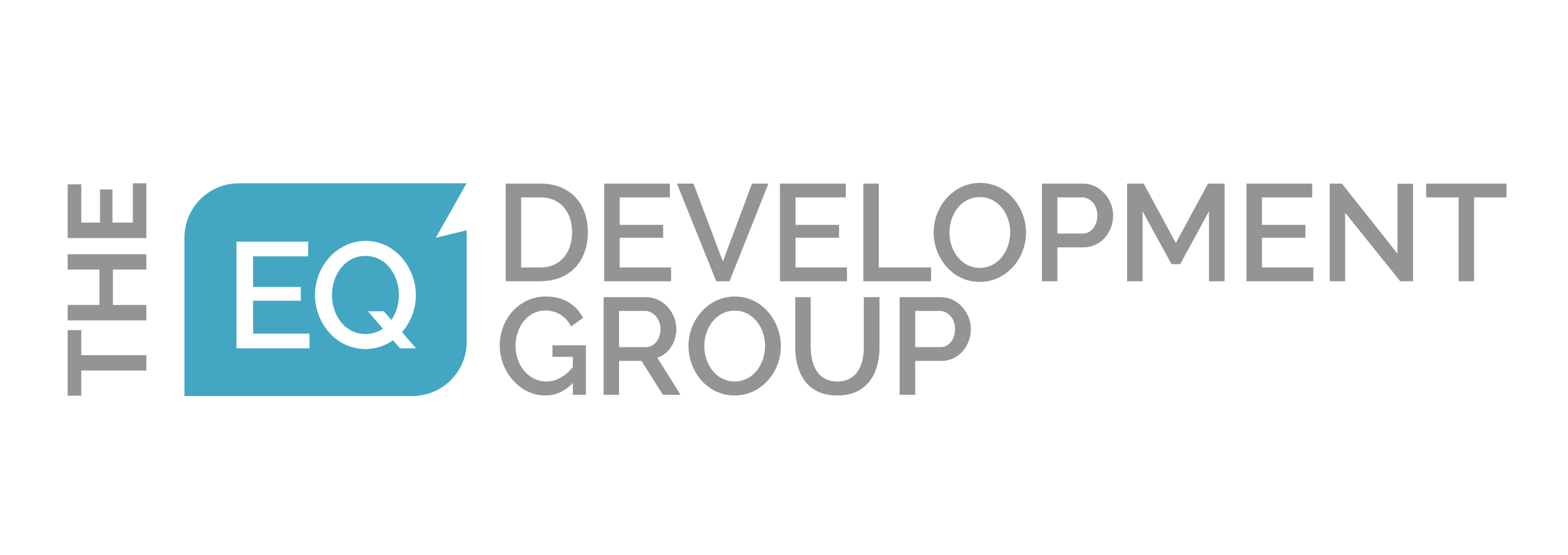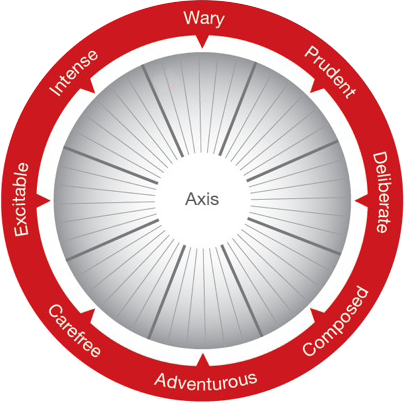Why Coaching Is The Best Way to Develop Emotionally Effective Leaders – Part 4 of 4
In the previous installment of this series, we looked at why coaching was such a great way of developing emotionally effective leaders. Today, we’ll look at four ways you can work with your clients to develop their emotional intelligence and help them become more emotionally effective.
Here are four ways you can help your clients become more-emotionally effective leaders:
- Reflect More – We often take for granted how much of our experience actually goes into our learning. Encouraging clients to take time to think about their experiences (good and bad), to identify emotional triggers and reactions, and to question choices reinforces learning and serves as a future reference for similar situations. Reflective practice, particularly in the form of daily journaling, can be a powerful tool for leaders who truly want to learn from their experiences.
- Learn More – Many leaders are still relatively unaware of emotional intelligence and its importance in effective leadership. There are, of course, exceptions, but given the recognition of how important EQ is in everyday leadership, it’s surprising that the general level of awareness about it is still relatively low. Using a model of emotional intelligence, such as that in EQ-i or EQ360 assessment tools, gives leaders a touch point, and a frame of reference for understanding their EQ. Assessments also give leaders insights into their current levels of emotional intelligence.
- Listen More – We all know that quality feedback can be hard to find. Organizations and relationships are laden with power dynamics, impression management, perceived or real inequities, fear, love, and a range of other factors that can color the feedback given and received. This, however, shouldn’t stop a leader from actively and passively seeking feedback from others. Active means literally going and asking, or using a 360-degree multi-rater assessment such as the EQ360. Passive means watching people’s reactions and realistically evaluating outcomes; it also means leaders developing their internal “observer” to see how they are showing up.
- Lead More – This might sound like strange advice, but in reality, many managers and leaders fail to lead as much as they could. Leading is hard work, and even the best leaders can give in to the urge of avoiding certain situations. To become effective, leaders need to exercise their leadership muscle as often as possible. That means making more decisions, collaborating more, taking initiative, questioning the status quo, mentoring and coaching others, learning and implementing new skills, dealing with difficult situations, and becoming more effective and efficient.
Earlier in this series, I noted that a primary benefit of coaching is the personalization of the approach, but the four actions above are the cornerstone of developing more-emotionally effective leadership behaviors and can be applied to any coaching relationship. The personalization is up to the coach and client to determine.
We started this series talking about the need for more-emotionally effective leaders. Leaders with an incredible grasp of emotional intelligence but no understanding of how to apply it to everyday situations may be emotionally intelligent, but they’re not necessarily emotionally effective. And we don’t just need more-emotionally intelligent leaders; we need more-emotionally effective leadership.




